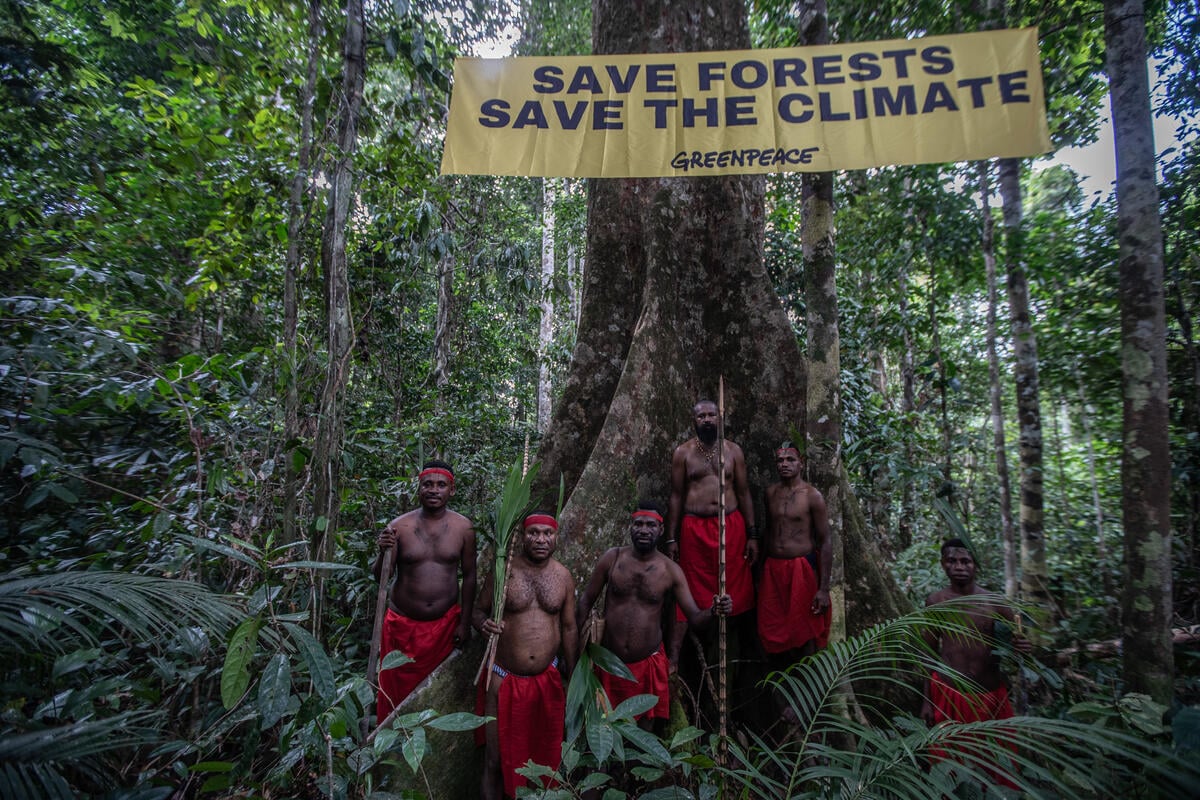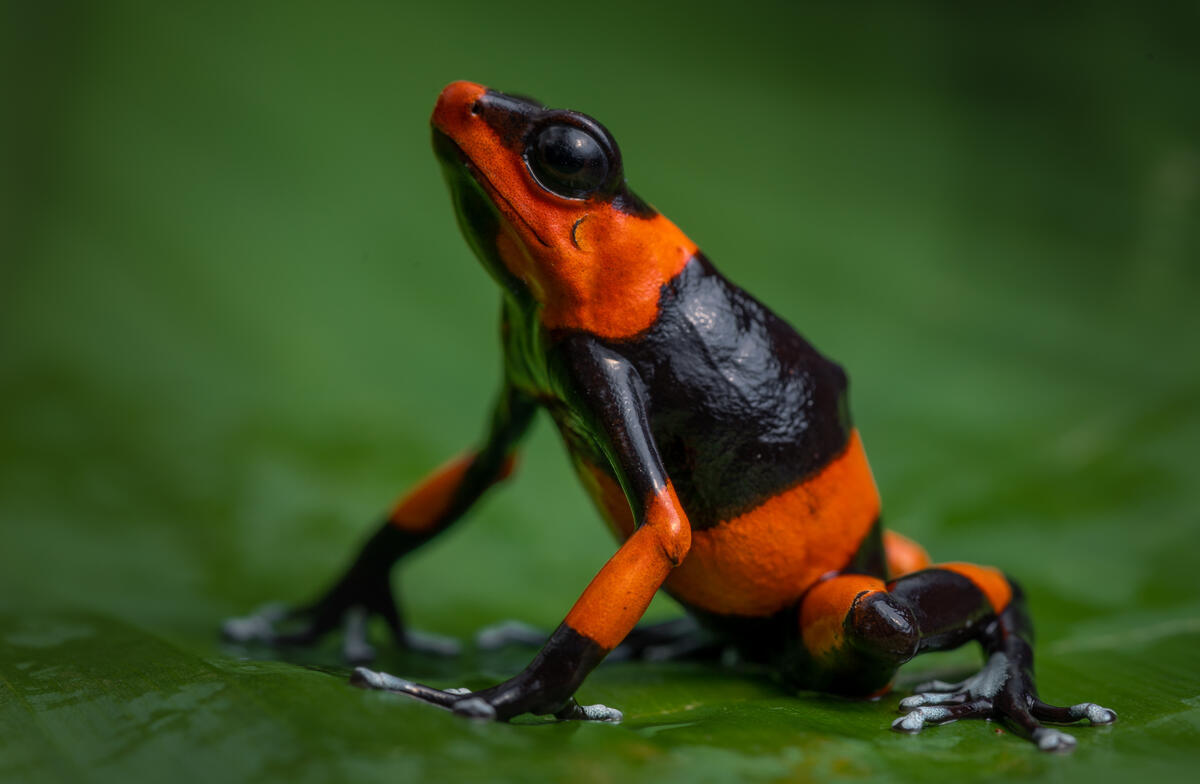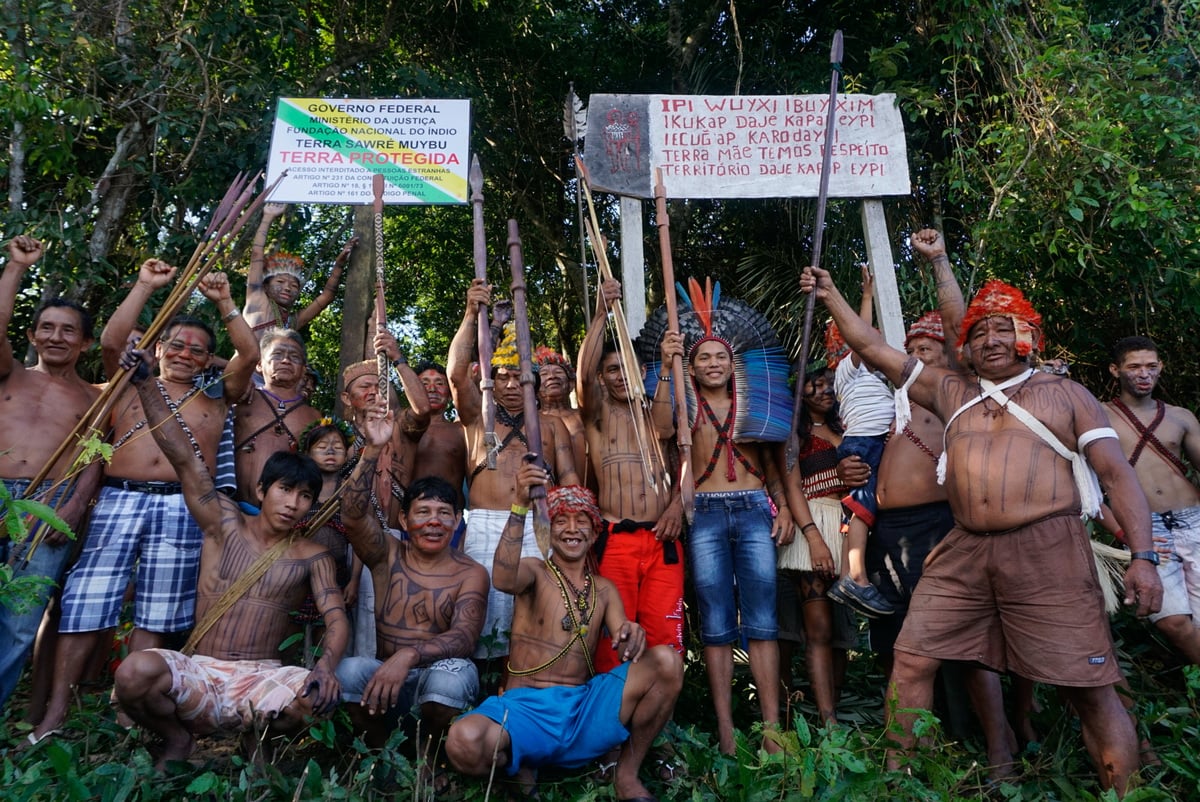Jakarta, Indonesia – Some of the world’s best known brands are fuelling climate change by sourcing palm oil and wood pulp linked to Indonesian forest fires, reveals new Greenpeace International analysis.
This new analysis – based on the Indonesian government’s methodology for estimating emissions related to peatland fires – is a stark reminder that these fires resulting from industrial activity are major contributors to the global climate emergency. Indonesia is the world’s fourth largest emitter of greenhouse gases, much of it due to its peatland fires and ongoing deforestation mostly to produce cheap commodities such as palm oil.
“On Forest Day at the Madrid Climate talks, people around the world will be horrified to learn of the damage the makers of Kit-Kats, Oreos, Head & Shoulders shampoo, Dove soap and Paseo tissue are doing to our climate. Companies parading as ‘climate champions,’ such as Unilever, are linked to massive greenhouse gas emissions from peatland fires,” said Annisa Rahmawati, Greenpeace Indonesia Senior Forest Campaigner.
“These brands need to cut ties with all traders and supplier groups whose fires continue to trade our future for cheap commodities like palm oil,” she concluded.
Between 2015-2018, Unilever’s suppliers were responsible for accumulated greenhouse gas emissions as a result of peatland fires on their Indonesian concessions, which were equivalent to 25% of the emissions produced by the Netherlands in a year, the data shows. Over the same 2015-2018 period, Nestle’s suppliers were responsible for more emissions than Switzerland produces in a year. In the same way, another major player, Mondelez, is connected to emissions greater than New Zealand’s annual emissions, while P&G’s potential carbon liability is twice that of Norway’s annual emissions.
Palm oil and pulp & paper traders are also linked to these emissions linked to fire over the same period: Wilmar, responsible for more than 80% of Singapore’s annual emissions; Cargill, more than Denmark’s annual emissions; and Musim Mas, 75% of Singapore’s annual emissions. Sinar Mas Group’s combined emissions from its companies Golden Agri Resources (GAR) and Asia Pulp and Paper (APP) are equivalent to nearly 3.5 times Singapore’s annual emissions.
The government of Indonesia needs to be more transparent and make concession data public so that ongoing deforestation and fires can clearly be linked to the companies responsible for those lands. Furthermore, the government should enforce its laws on peat protection, on responsibility for fires, as well as the moratorium on new concessions and other policies seeking to protect forests. This has not occurred effectively, creating a regulatory culture that allows continued peatland and forest destruction.
These companies, as well as the governments of countries where they are headquartered or have a significant presence, must take immediate action to break the link between commodities causing deforestation and fires, and work to restore and conserve all forests and peatlands.
Today is Forest Day at the Madrid Climate talks where there will be a focus on the role of forests in combating climate change and on forest destruction fueling climate change.
ENDS
Full report available here
Contacts:
Rully Yuliardi Achmad, Media Campaigner, Greenpeace Indonesia, [email protected], +628118334409
Grant Rosoman, Forest Senior Campaign Advisor, Greenpeace International at COP25 – Madrid, +6421428415



